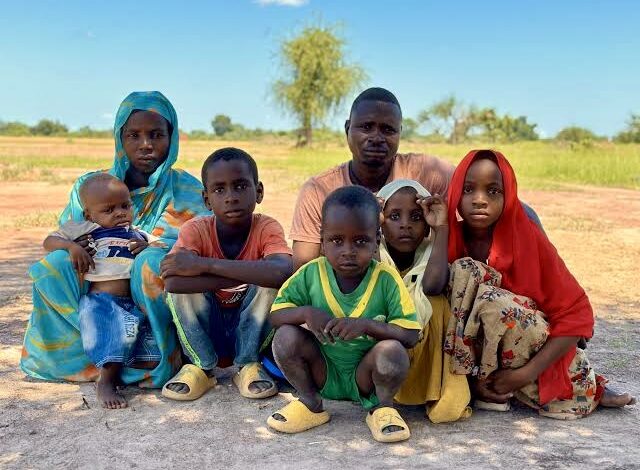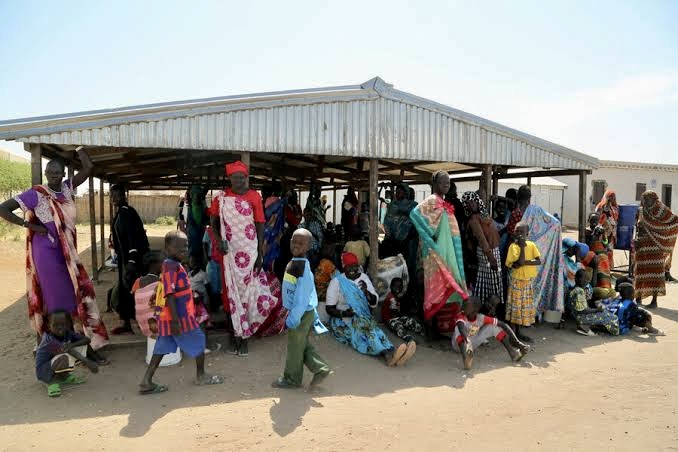
Faith Nyasuguta
The death toll of children in Sudan’s North Darfur state has reached a heartbreaking frequency, with at least one child succumbing every two hours in Zamzam camp during a nine-month war, as reported by Doctors Without Borders (MSF).
The collapse of humanitarian services in the wake of the conflict has created a dire situation, where previously preventable deaths are now tragically common.
Before the war erupted in mid-April, the health system in North Darfur received support from UN agencies. However, this aid has abruptly ceased, leaving MSF as the sole operational health provider in Zamzam camp, one of Sudan’s largest and oldest camps for displaced people.
Claire Nicolet, Head of MSF’s emergency response in Sudan, describes the situation as “absolutely catastrophic,” emphasizing that an estimated 13 children lose their lives daily.
The gravity of the crisis is further underscored by the precarious state of severely malnourished children. With the collapse of essential services, reaching health facilities has become a daunting challenge for many, putting their lives at an even higher risk.
Nicolet stresses that timely treatment is crucial for these children, as their condition is treatable if they can access health facilities – a feat many are currently unable to achieve.
The operational challenges faced by MSF compound the humanitarian crisis. Staff members are no longer receiving salaries, and critical supplies such as equipment, medicines, fuel for generators, and water are in short supply. Malnutrition programs that were once present in El Fasher, the state capital, are now nonexistent.
The conflict, arising from a rivalry between the paramilitary Rapid Support Forces (RSF) and the Sudanese army, escalated into an all-out war last year. Approximately 10.7 million people have been displaced, and 17.7 million are now grappling with acute hunger, according to United Nations agencies.
The ongoing war, coupled with disruptions to agricultural activities, has created a perfect storm, further exacerbating the humanitarian crisis.

Contrary to the usual decrease in malnutrition in January due to stocked-up food supplies after December’s harvest, the conflict has prevented people from replenishing their stocks. Lower-than-usual rainfall adds another layer of complexity, amplifying the challenges faced by the displaced population in North Darfur.
In light of these dire circumstances, MSF’s report asserts the urgent need for immediate humanitarian intervention. The collapse of essential services, coupled with the ongoing war, demands swift and comprehensive efforts to alleviate suffering and prevent further loss of lives.
The international community must respond urgently to address the critical needs of the displaced population in Zamzam camp and mitigate the devastating impact of the conflict in Sudan’s North Darfur state.
RELATED:




